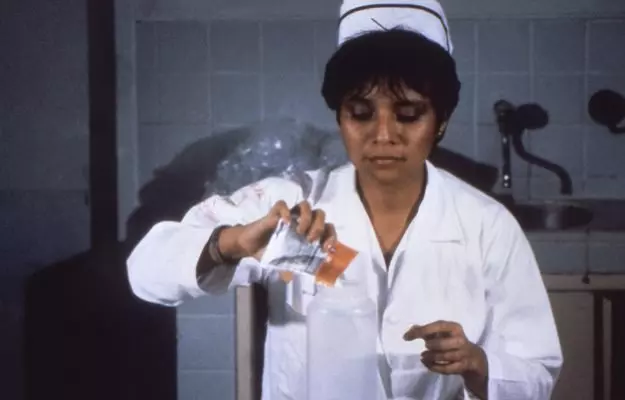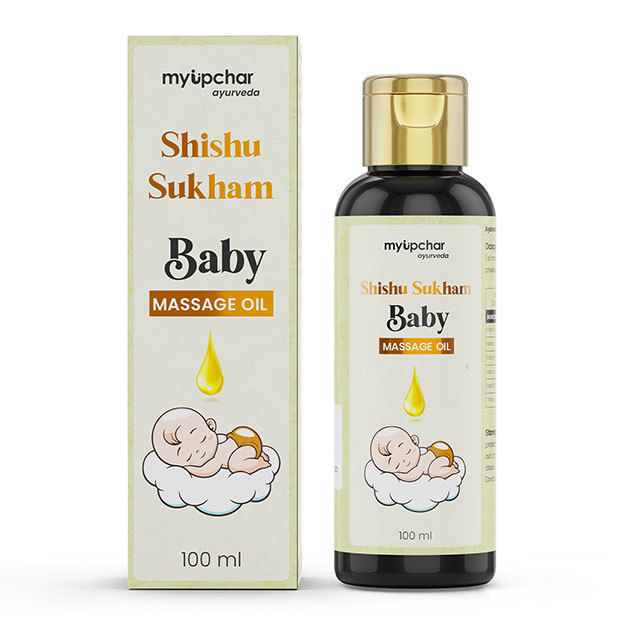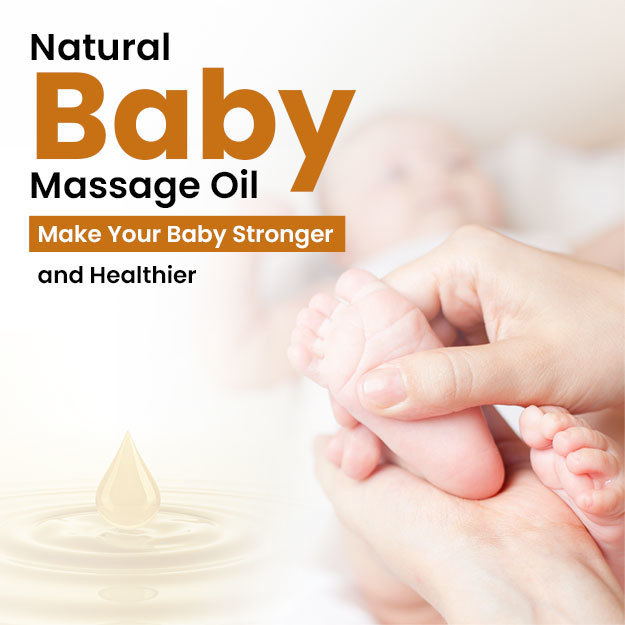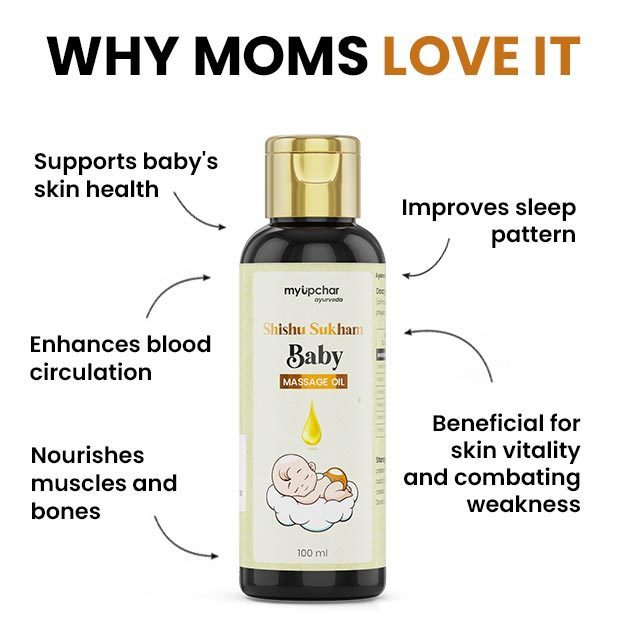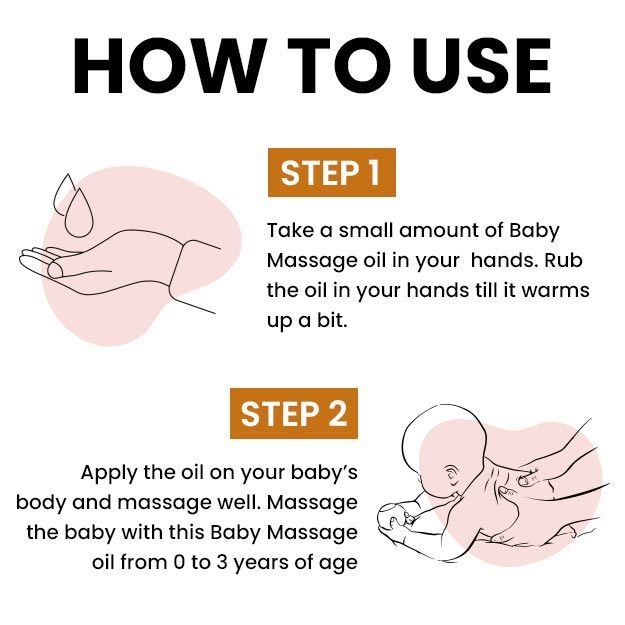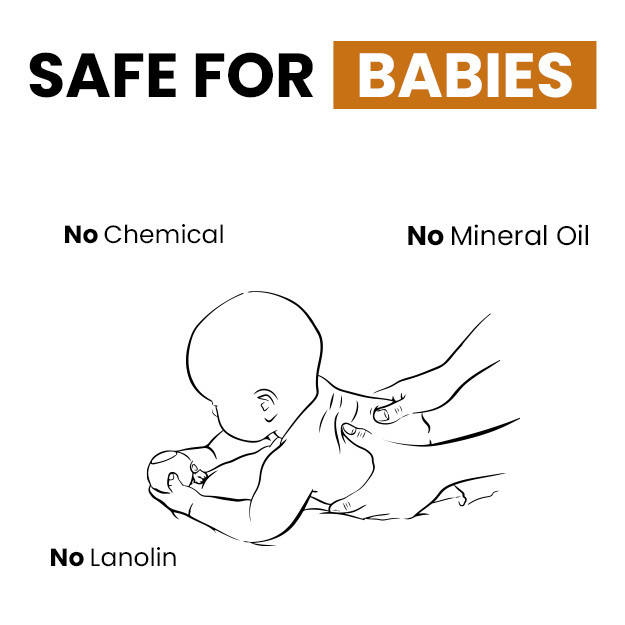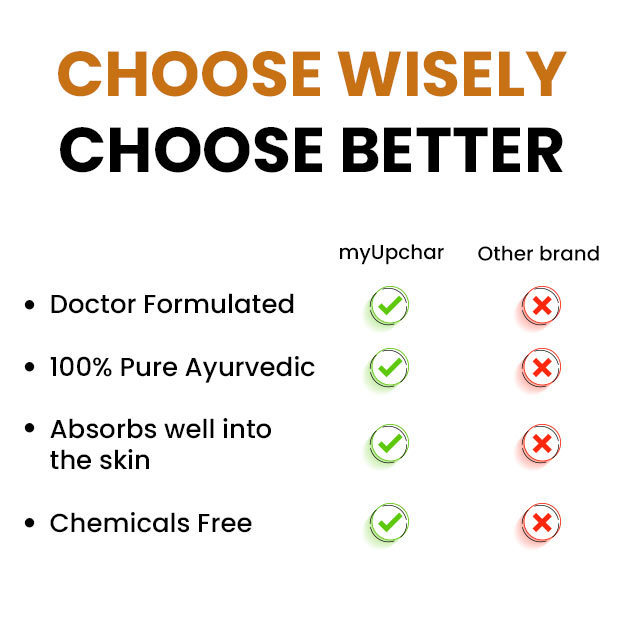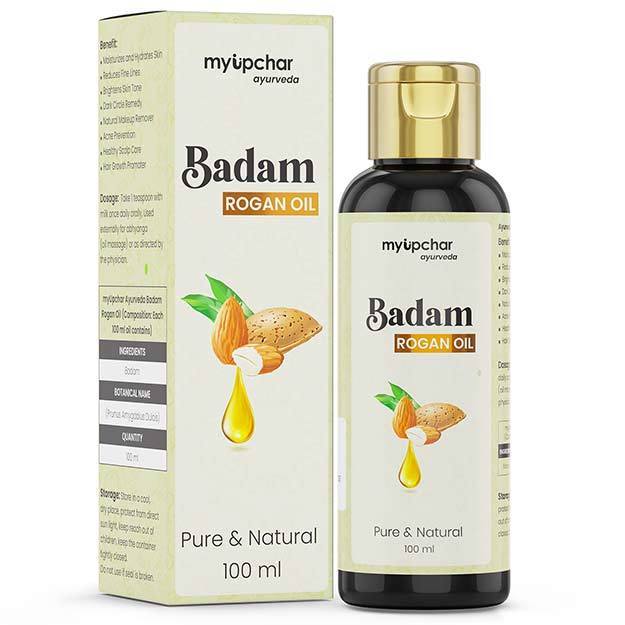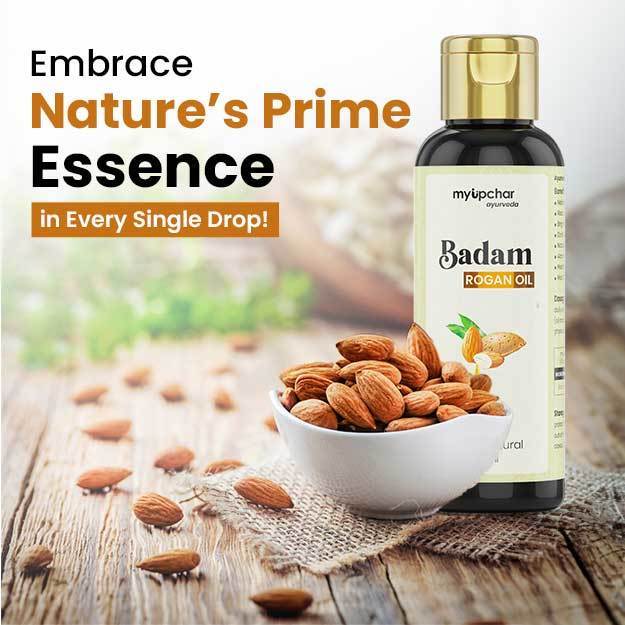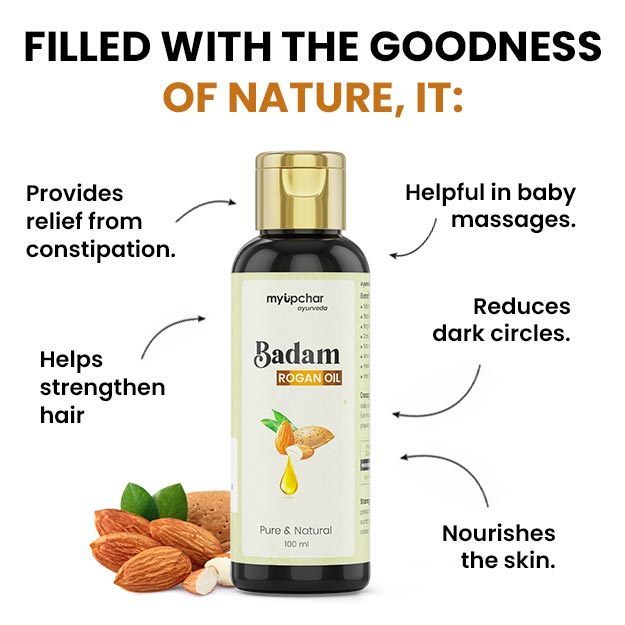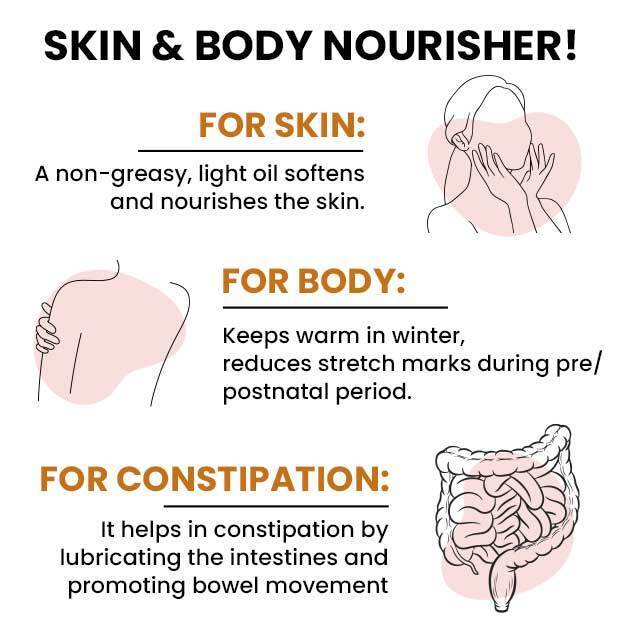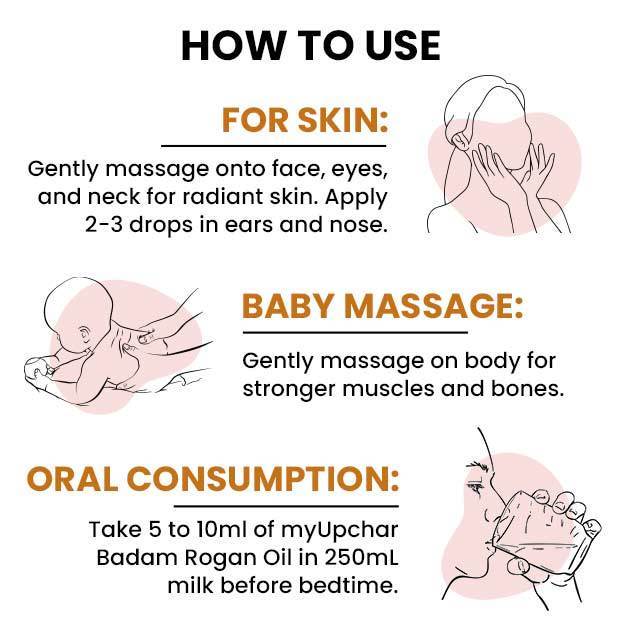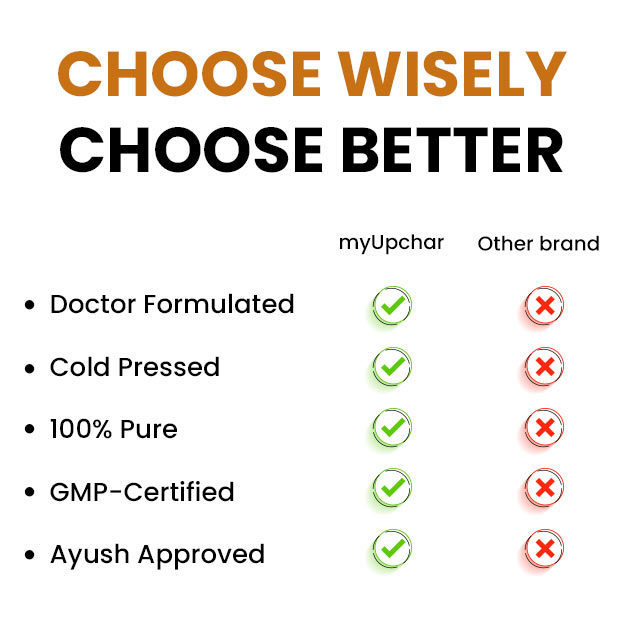Children below five now have much better access to ORS (oral rehydration salts solution) in India than they did at the turn of the century.
India has significantly increased its use of ORS to manage diarrhoea in children under five, from 36.8% in 2000 to 57.8% in 2017, according to an article in the August 2020 issue of The Lancet Global Health (TLGH), an open-access peer-reviewed journal.
This means that more than half the children who get diarrhoeal diseases in the country now receive potentially life-saving fluid therapy in the form of a simple drink.
Diarrhoeal diseases continue to be a leading cause of death among children under five in developing countries, even 50 years after a doctor in Bangladesh discovered that a simple solution of electrolytes, sugar and water—oral rehydration salts solution—can prevent death by dehydration. Indeed, the first trials for the therapy were done right here, in India. That is why every year, 29 July is observed as ORS Day to raise awareness about the life-saving drink.
Read on to know what is ORS, when is ORS needed, benefits of ORS, home-made ORS and the nationwide availability of oral rehydration therapy using ORS or recommended home fluids (RHF) for the management of dehydration in children.

